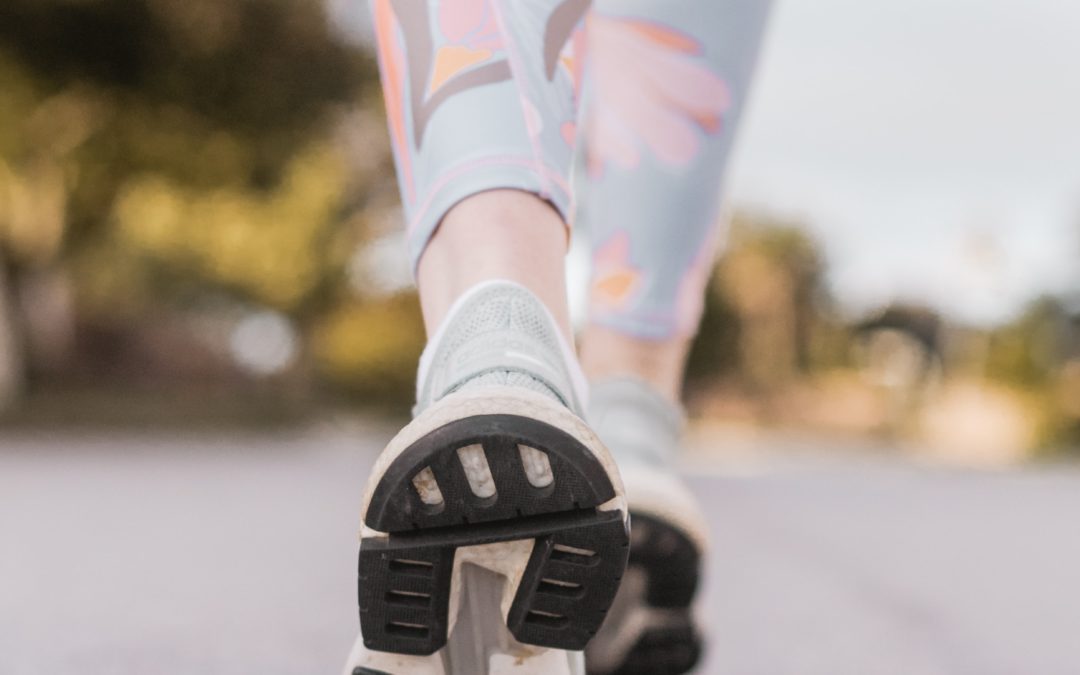Covid has impacted our lifestyle for the past two years and created many social-emotional issues for our younger people. Statistics cite that the second leading cause of death in young people between the ages of 10 and 24 is suicide. Without social interactions and support, young people often develop feelings of loneliness and isolation, leading to depression.
A study completed at Duke University suggested that a regular exercise program yielded the same results as those taking medications for depression and the exercise group had better remission in the follow-up study. Talking and engaging with others is helpful, but we need to get the young people moving, actually everyone moving, to help decrease that depressive mood.
How does exercise help? We have natural chemicals within our bodies that impact the way we feel. These neurotransmitters work to be mood lifters. Some include: Serotonin (5-HT) which helps our body reduce anxiety and compulsions, obsessions and improves memory. Dopamine (DA) helps increase pleasure, reward and motivation. Norepinephrine (NE) regulates attention, concentration and energy. Finally, beta-endorphin, often called “nature’s opioid or runners high” helps us feel good and joyful.
It is often difficult to get a depressed individual moving, but so important! Finding support and connecting with a personal friend or trainer may be the catalyst to getting started. Granted, exercise may not be a cure-all for everyone, and some individuals may need medications to balance their systems, but physical activity can truly make a difference in the management of mild depression. Just beginning with walks together would be a good place to start. Remember, movement is medicine.

